Last Updated on August 5, 2021

While at Comic Con this year, one movie getting quite the buzz is Quentin Tarantino’s latest DJANGO UNCHAINED. As a fan of the director, I was certainly looking forward to the film, yet it was sitting at a roundtable with other writers and listening to a few select cast members talk about the film that really got my blood pumping. Not only did we talk with Christoph Waltz and Walton Goggins (who apparently gives a star-making performance), but Jamie Foxx and Kerry Washington also took time out to chat about the film. Here Washington and Foxx talk about the new film and address some of the controversy behind it as well as the challenge of dealing with such a powerful subject.

On the panel earlier you said that Quentin [Tarantino] asked you to break this movie star image. Has a director ever been that ballsy with you?
Foxx: Oh, yeah, of course.
Someone who’s come to you and told you to cut the shit?
Foxx: Of course. I’ve worked with Oliver Stone who said, ‘You’re just not good at all, are you? You’re not a good actor at all,’ because I was coming from TV. This was ANY GIVEN SUNDAY and so everything I said was really loud because TV was loud. Movies are more about being right here, and he would just go, ‘You suck when you do that.’ He was literally like, ‘You have to get better before I hire you.’ Then Taylor Hackford who at one point on ‘Ray,’ he said, ‘Listen, if you f*ck this movie up I’m going to f*ck you up. Now, let’s get it going.’ Michael Mann. Come on. Michael Mann said during ‘Collateral,’ and I was so thankful that Tom Cruise allowed me to be in ‘Collateral’ and Michael Mann, and so I said, ‘Mike, I’m doing my thing now. I’m kind of moving on up.’ I said, ‘How about in the cab I do my thing?’ He said, ‘How about you don’t do your thing.’ I said, ‘What do you mean?’ ‘When have you ever seen a cab driver doing their thing? Why don’t you just drive the cab and the person that’s in the backseat is not Tom Cruise, just another fare, just another Wednesday, just another Thursday. If you do that, then you could be this character. If you do the other thing, now you’re Jamie Foxx.’
Now things get even better. We win Oscars. We do television shows. We get songs that are number one. I think that hurts us. I think when we do things outside of acting it hurts us because people start to identify with you, the brand. So, it was welcomed when he pulled me in the room, it made me nervous. Remember when you didn’t have your homework for something, or someone said, ‘You have to go to the principal’s office,’ and you got that ‘oh shit’ [feeling]? He said, ‘I have to say something to you. I was worried that you can’t get to this character because you’re Jamie Foxx.’ It made me reboot my computer and say, ‘First of all, I’m a huge guy of being the student.’ So, that was the biggest help for me, to let go and be the character. He said, ‘I guarantee you, if you let go and be the character, the pendulum swing will be sweeter because if you play this guy genuine here, then when he evolves and becomes this guy, it’ll be a breath of fresh air, like, wow, he really had a journey.’ So, that’s all welcomed. And you want to work with directs like that. You want to work with the tough director.
What kind of cinematic homework did Quentin give you in terms of reference points for this character?
Foxx: Well, one, he’s a cinematic genius when it comes to…it’s defeating. You go and you start to try and watch all these movies. You go, ‘I can’t watch all these movies, all these movies that he knows.’ But if you watch the original DJANGO, that was helpful in a sense because everyone is thinking, ‘Slave movie.’ I kept telling everyone, I said, ‘Yeah, it’s the backdrop, but it’s actually a western.’ I think by watching a western, me coming from Texas and then he told me, ‘You’re going to wear the green jacket from “Bonanza,”‘ I was like, ‘Little Joe’s outfit for me? That’s crazy.’ I’m spinning the guns and I’m riding the horse and I get a chance to ride my own horse in the movie. When he said, ‘I need you to ride a horse,’ I said, ‘Well, can I just work on my horse until you guys find the horse that I need?’ My horses started picking up the tricks and everything like that, and so next thing you know I get a chance to ride on my own horse. So, by sticking strictly to the western of it, that’s what I think…let’s just be honest, when I was at BET and I introduced a clip and I’m getting ready to introduce a DJANGO clip and I said that it was a movie dealing with slavery, people were like [sighs] and I’m like, ‘Man, how am I going to deal with this.’ They see this iconic cowboy, it’s really the difference.

Who’s responsibility do you think it is on this movie to make it okay for you to play this context so authentically and at the same time, as Walton [Goggins] said, start a scene with an apology and end it with one?
Foxx: Here it is, once we went into this we were family. We were a village. There was a situation where Leonardo [DiCaprio] was like, I mean, Jesus, his best friend is Q-Tip and he’s a hip-hop guy. So, all of his friends are mostly black. I said, ‘Listen, it has to be another Wednesday. I have to be cattle. I have to be your foe. This has to be nothing for you. You don’t have to get your blood boiling to say these words, if this guy is a real guy.’ When you see Leonardo come in and not speak to anybody and go right into it, and watch him and Quentin Tarantino build this eloquent evil character, that’s the difference. Between him and Samuel Jackson, they were like the real bad guys. So, with that being said, we knew what it was about and we actually wanted to hear those words because hearing those words, and you hear them enough, now they become secondhand because at the time that’s the way that they talked.
This is the actual truest version of a picture that’s depicting slavery. The other movies are great, but they had to sort of dance around, like, ‘We don’t want to hurt anybody’s feelings,’ but now I think we’re all grownup right now. We’re grownup and we’re huge fans of Quentin Tarantino, and I would explain to Quentin, ‘If I can be of any help, I’m the black expert. I’m a black man connoisseur.’ The reason that I’m that is because I’m a standup comic. So, I know everything about our culture. I know what makes us move. I know what makes us dance. I know that if we’re watching a film we want the joke to land in our lap. We want to know who the bad guy is because we’re going to be talking to the bad guy, and we want to know who the good guy is. So, that was the thing of letting it be as raw as it could actually be because, like I said, we’re grown up now and we’re huge fans of Quentin Tarantino.
Basically, I said, ‘Listen, man, I know sometimes we go into this and there’s a little worry, but after they see that first frame, we realize we’re still doing movies, we’re still entertaining. We’re still doing something that’s dope, but you’re the courageous one that can pull it off.’ I think he’s a hip-hop star because hip-hop guys, they’re smart. Look, he’s doing the hip-hop thing to you. He just leaked a trailer right here, just like leaking a song. He’s like, ‘I’m going to leak this and watch what happens.’ Now everybody is buzzing because he knows that what he’s doing is dope. That’s the one thing that he promised me. He said, ‘I guarantee you, I’m good at this shit. I’m not being arrogant.’ I was like, ‘Man, when you look at it, frame for frame.’ Question: Leo said he likes to watch playback. How did you approach that on a film like this? Foxx: No playbacks. I don’t go to dailies. When I hear Quentin Tarantino say, ‘Got that,’ then I’m good. If you start watching you start second guessing yourself. I would start second guessing what he likes and I know he knows what he wants to get. So, that’s what you have to always be the student of, and say, ‘Let’s move on and let’s get it.’ If you’re doing playbacks, now you’re trying to go back and relive a moment and you can’t do that.
What do you hope speaks to audiences about this film?
Foxx: The love story. Here’s the thing, Quentin Tarantino was smart in that he was like, ‘I’m going to drop all of this, show you all of this great stuff,’ but the fact that Django is not allowed to love his woman, that’s the catalyst that allows him to go forward. Django doesn’t want to cure slavery. He just wants to love his woman. ‘Everybody just get out my way and let me love my woman.’

There has been some controversy about how maybe sexualized your character is in parts of this film and the violence inflicted on her. Do you think any of that controversy is warranted and were you worried at all about that when you read the script?
Washington: I will say that there have been a lot of changes that I think will surprise people. I have this weird thing about being really curious about work that scares me, like being drawn to it almost, like, ‘Why does this scare me? What do I need to be exploring as an artist?’ I did. There were parts of that that concerned me and that led to a lot of conversation. But for me, I felt like this part of our history, this dark, very awful part of American history has never been dealt with in a narrative film, in a way that really honors the brutality of this. A lot of people call it the original sin of America, slavery, the whole institution. I felt like it was a fascinating moment that a director who has never been intimidated by brutality and evil and gore and violence and the dark side of the human spirit, that he was going to tell this story. That meant that this wasn’t going to be a sugarcoated representation of what slavery was. That it was going to have those moments. There’s an example.
In the script there was writing of Jamie’s [Foxx] character, Django, being put in this horrific metal mask to silence him and to keep him in place. I thought, ‘That’s just some crazy Tarantino absurdity. Where did he come up with that? That’s wild?’ And then in doing research, and I was in the production designer’s office, and seeing photographs of those masks that were used on a regular basis. I as an African American had never been taught that part, the brutality of this history. So, there was an interesting importance of matching up of someone who had the courage to be as horrible with this material, or as close to as horrible as it was in reality. For my character, I felt like what’s most important about this was that this was a time when black people…in order to keep black people in slavery there was the breakdown of the black family. So, black people were not allowed to be married. Your child could be taken from you and sold down the river. That’s where we get the expression from, sold down the river. So, there was no marriage that was allowed because there couldn’t that emotional connection. It might get in the way of the economics of slavery.
So, here you have a story about two people who in our own constitution at the time are considered only three fifths of a human being and they believe so much in their own humanity and in their love for each other that he journeys across the United States and into the depths of hell to rescue her from the brutality of slavery. That I felt was important. I knew that to have that rescue mean something we had to know how horrible it was for her, to have our hero truly be a hero in a way that we’ve never seen, to be a phoenix rising out of this awful, awful evil. He had to face that evil.
Christoph Waltz said he didn’t know too much about the history and he contextualized current conditions today for him in the United States. Do you feel that this film is a doorway into a conversation that very few people are willing to have, about the conditions today?
Washington: I think it’s difficult to run from history. I think when we’re not willing, and I’m again not saying that this film is in any way a documentary…it’s a Quentin Tarantino film. It mixes humor and brutality. It does all of that. It is a truly Quentin-esque film. But it also goes places that we have been unwilling to go. I think that when we don’t face the things that make us uncomfortable we run the risk of repeating those ills.

Quentin is sort of the master of cool. What was it like watching him craft some of the scenes and knowing that it was going to be a stunning shot?
Washington: I can only think of one moment that I really felt that way and it has to do with the end of the film. So, I don’t want to have a spoiler, but it really has to do for me…I can’t really think a whole lot about that, but seeing Jamie in this kind of heroic role, I thought that was really important. I think a lot about when we were growing up and I had a cousin who used to color comic books and my dad said to him, ‘How come you never draw any black heroes in your comic books?’ My cousin said, ‘There are no black superheroes.’ I think about Jamie in this role being a bad ass black superhero and sort of literally going into battle with the very institution of slavery itself. We’ve been told this story of slavery in cinema, but it’s always been some white person helping a bunch of black people or the good slaves, or whatever it is. This is about somebody who fights back and we wouldn’t have had the abolition of slavery if it weren’t for slaves who fought back. Not that I’m sanctioning violence.
What kind of music did Quentin play on set?
Washington: He plays all different kinds of music, honestly. He changes it up. We played every single genre, but I will tell you that we actually shot a couple of days on a real slave [plantation] in Louisiana which was chilling because we’re doing these scenes where you know these things actually happened, that the sound of whipping had echoed in that alley hundreds of years before. On days like, there were a few days like that, we played only gospel. It was morning to night because it was so hard to process.





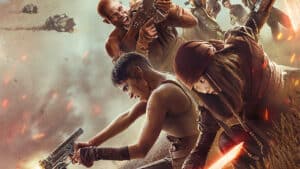
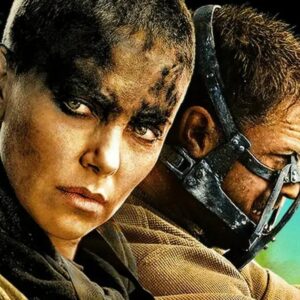
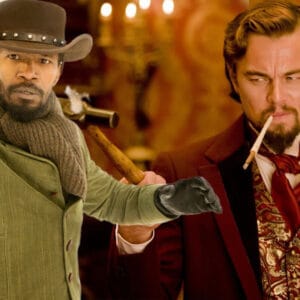
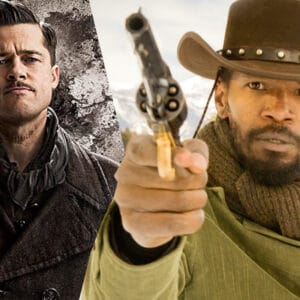
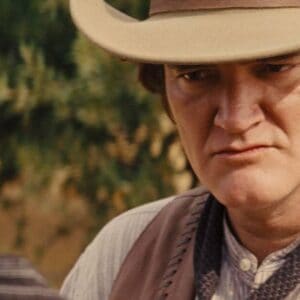
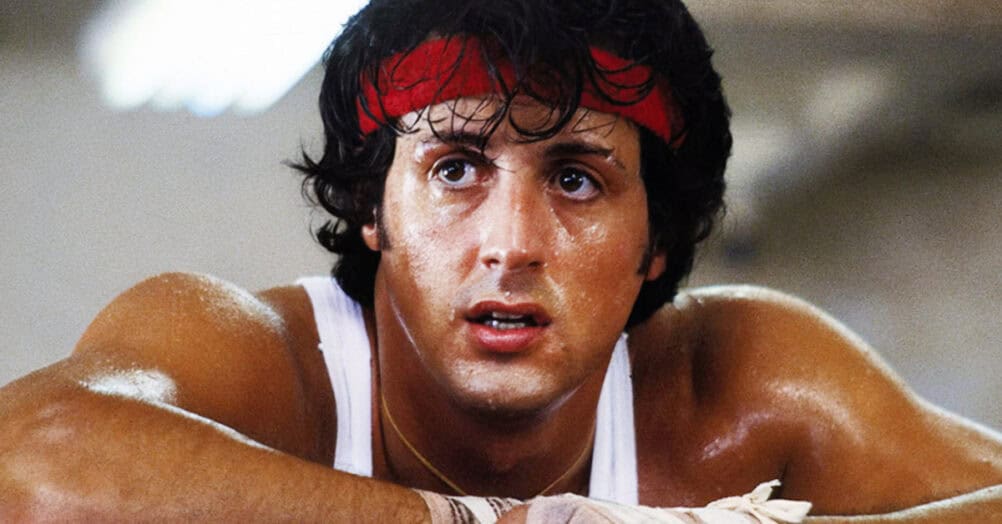

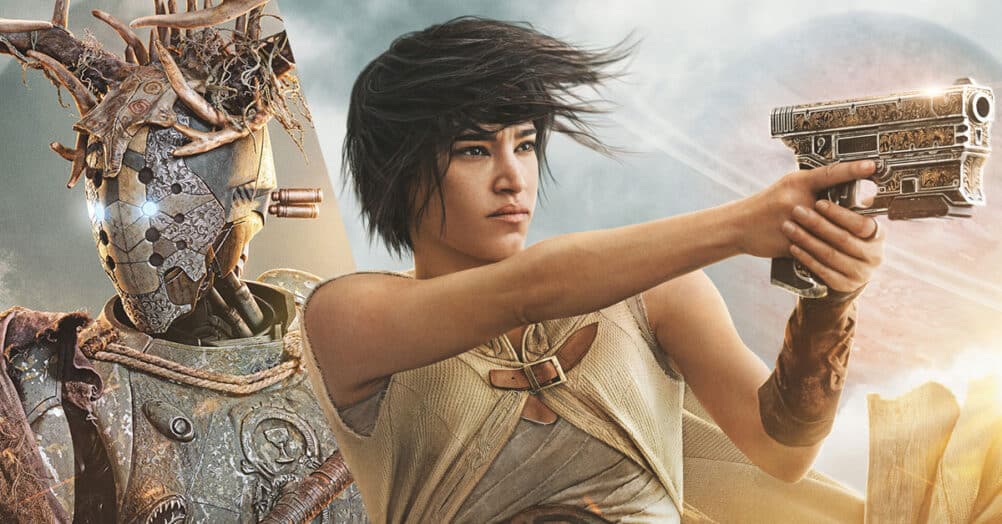
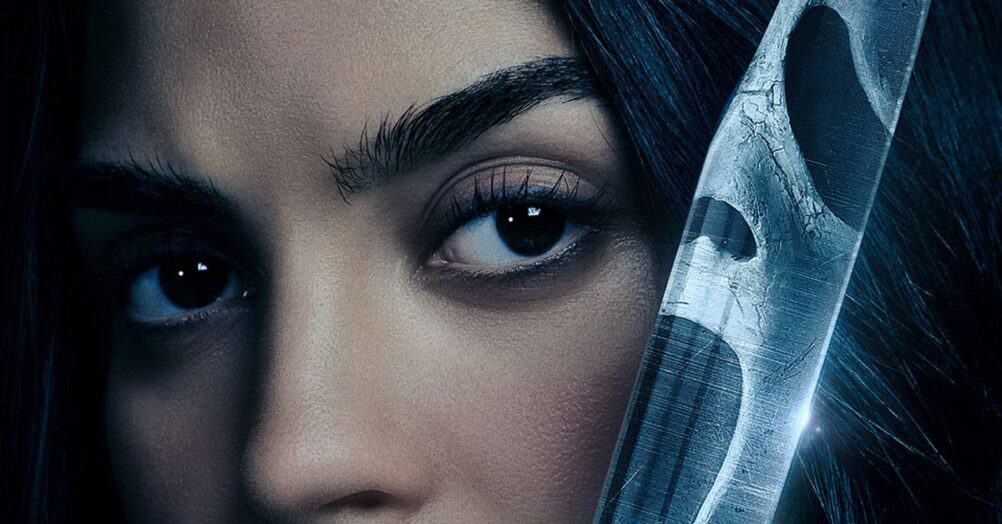
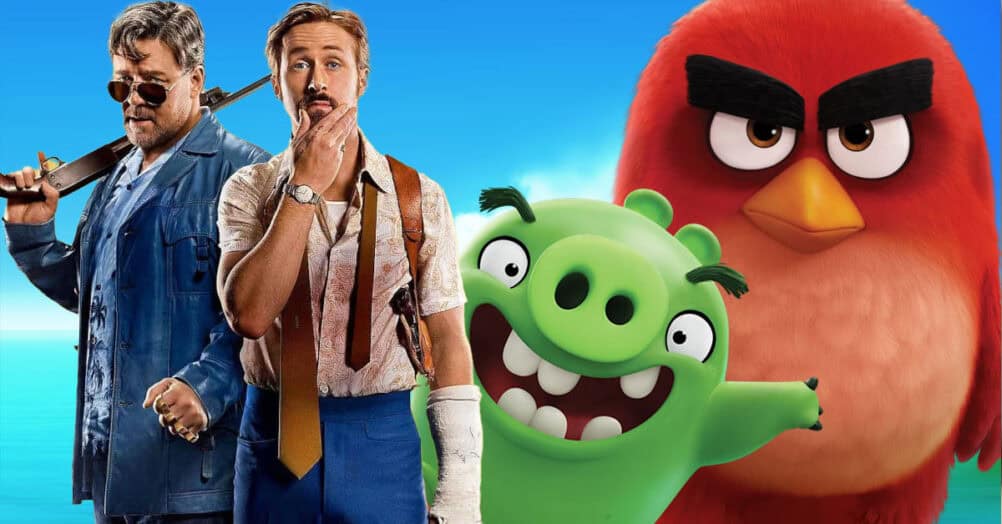
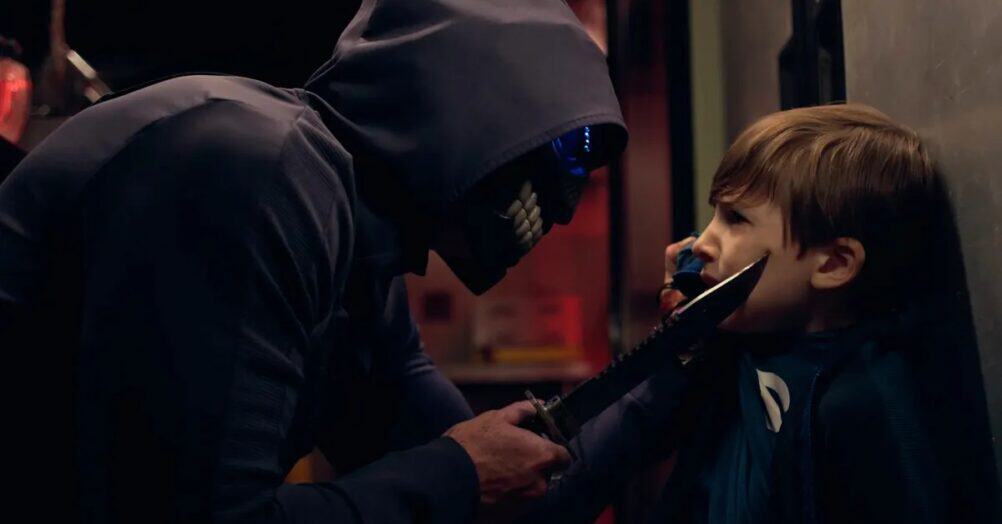
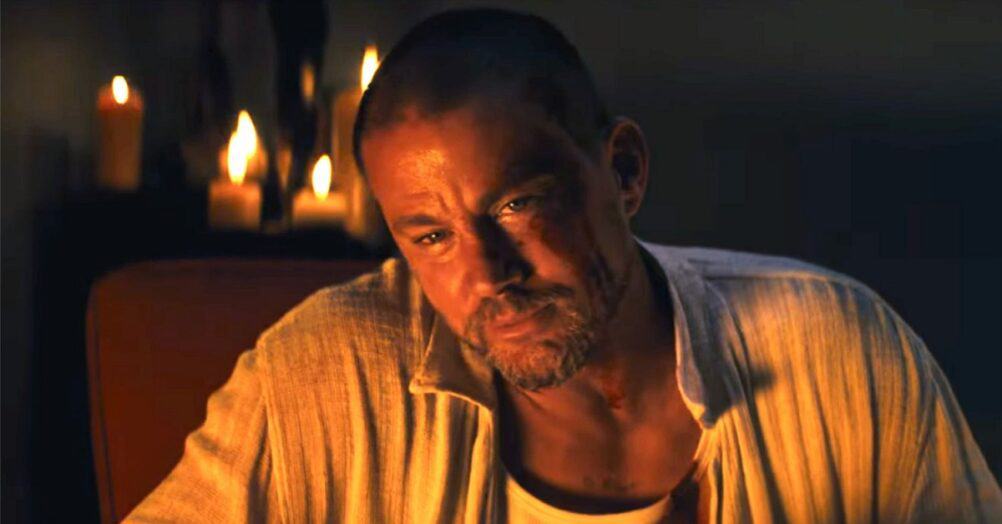
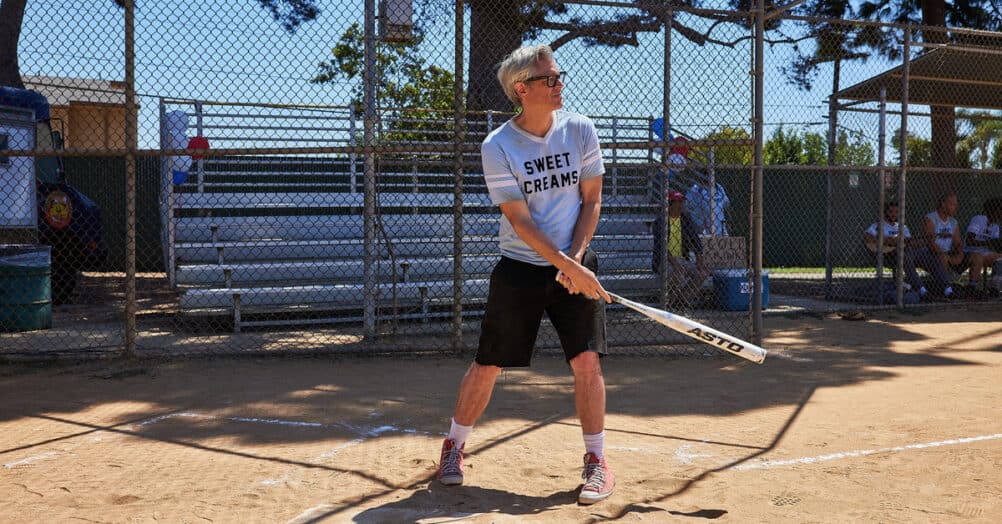
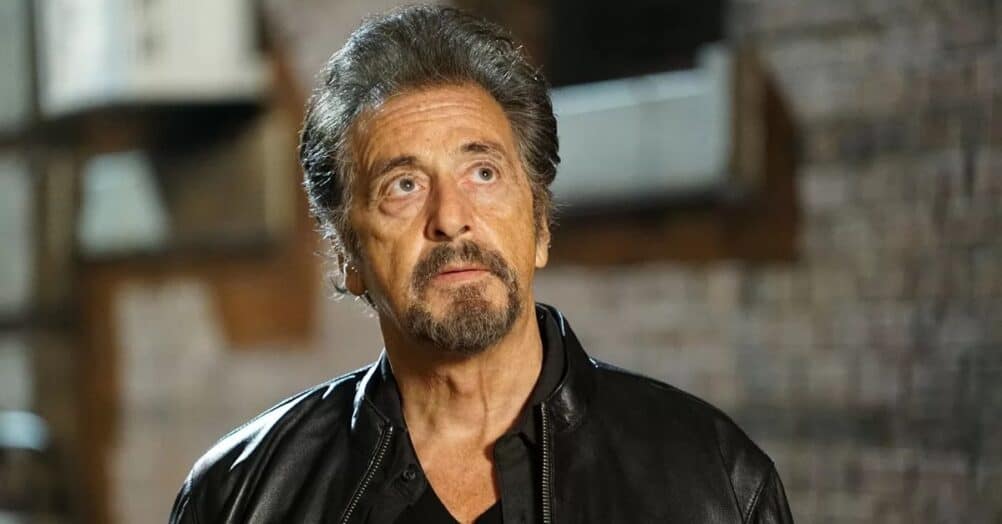
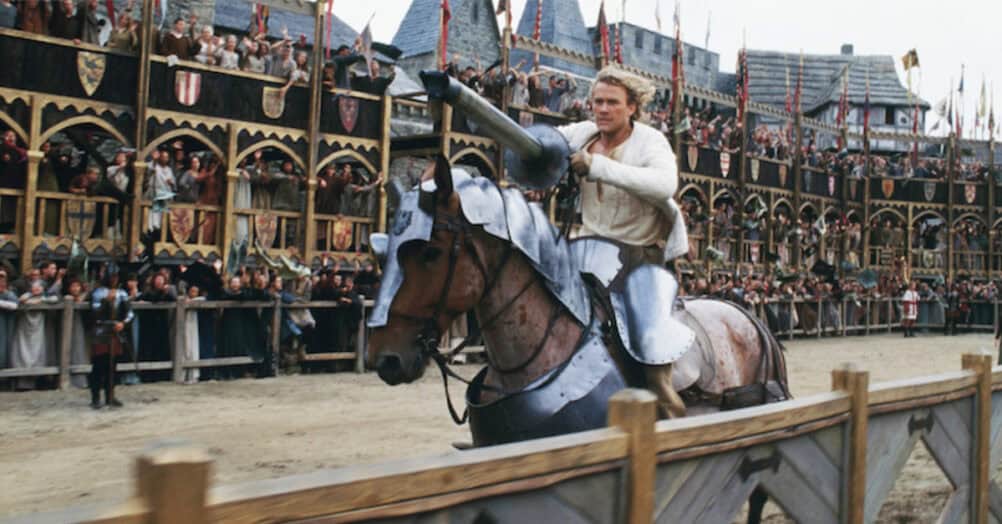
Follow the JOBLO MOVIE NETWORK
Follow us on YOUTUBE
Follow ARROW IN THE HEAD
Follow AITH on YOUTUBE